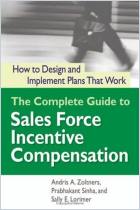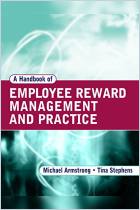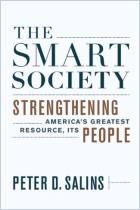
Incentive Pay and Bank Risk-Taking
Evidence from Austrian, German, and Swiss Banks
Read or listen offline
Recommendation
Banks enjoy a unique position in the capitalist economy: As vital financial infrastructure, they are subject to rules and scrutiny, and they benefit from explicit and implicit government guarantees. As businesses, they must generate good returns for shareholders. But how good, and at what cost to society? This statistically complex and perhaps overly ambitious study by economists Matthias Efing, Harald Hau, Patrick Kampkötter and Johannes Steinbrecher seeks a connection between big bonuses and bank risk taking. Though the authors themselves recognize the inherent shortcomings as well as the socio-political aspects of their work, getAbstract nonetheless suggests their report to bank executives and human resources professionals for its contribution to the study of human economic behavior.
Take-Aways
About the Authors
Matthias Efing is a research assistant and Harald Hau is a professor of economics at the University of Geneva. Patrick Kampkötter is a postdoctoral researcher at the University of Cologne, and Johannes Steinbrecher is a researcher at the CESifo Institute Dresden.


















Comment on this summary or 开始讨论